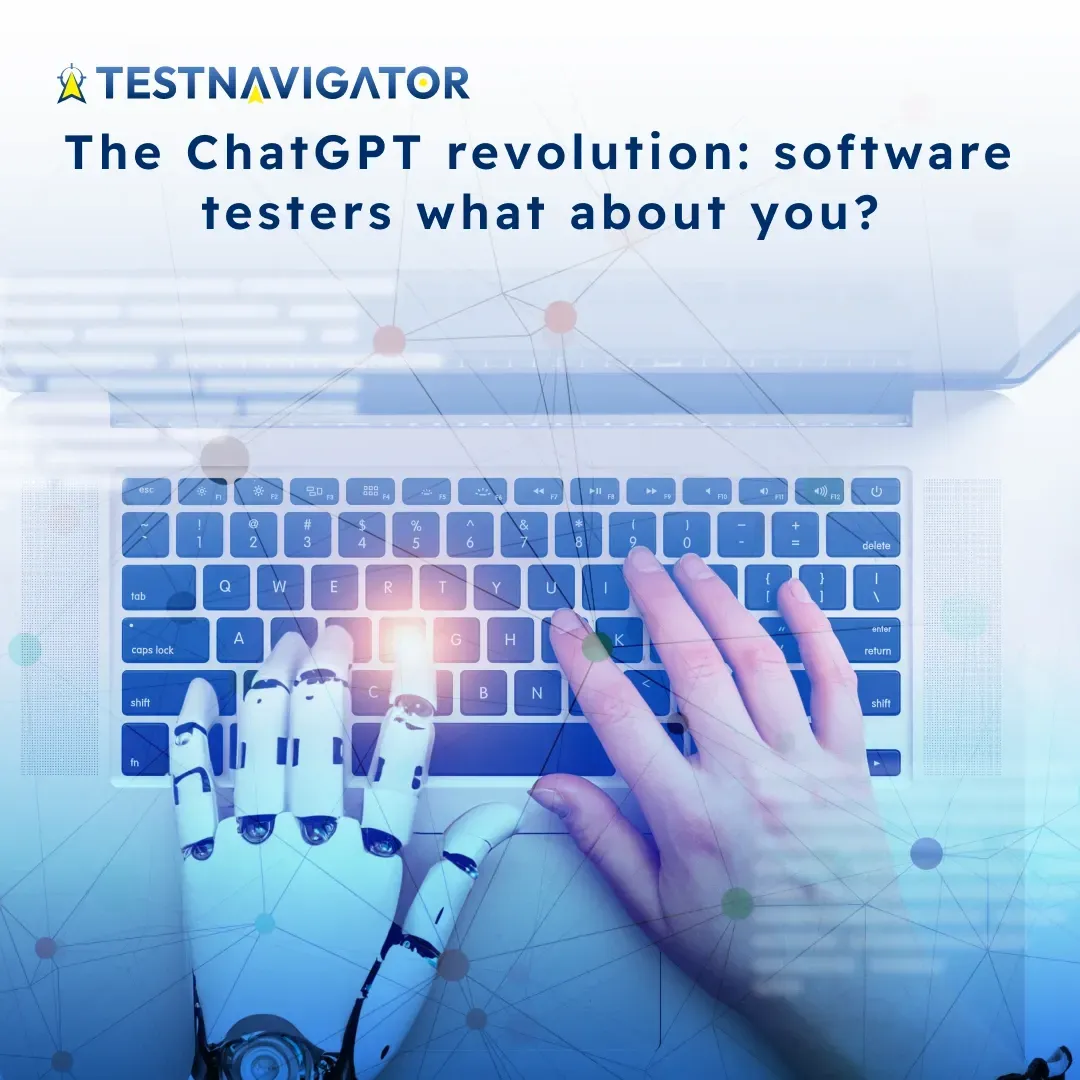
ChatGPT has conquered the world, revolutionizing nearly every field it touches, and the software testing industry is no exception. Thanks to its rapid spread, there's an increasing availability of books, prompts, and example codes, further facilitating the widespread adoption of this large language model. While many experts believe ChatGPT accelerates and improves software testing processes, others see it as a formidable competitor.
Is the role of human testers truly at risk? Our article reveals the answer!
Does the age of artificial intelligence mean the end of human work?
The notion that artificial intelligence could replace human jobs has been around since the 1960s, with fears that computers would replace accountants, mathematicians, statisticians, and economists. Today, we know that these fears were unfounded. Instead of taking away jobs, computers have elevated these professions to a new level.
Could history repeat itself? It's very likely. ChatGPT can offer a lot of assistance with testing tasks – such as generating test data or optimizing code – but it cannot replace certain human skills. Those who have been in the IT sector for a long time know that programming and test scripting involve much more than just generating code. Successful testers possess competencies like critical and creative thinking, exceptional social skills, and the ability to interpret contexts. These skills, although supported by artificial intelligence tools, cannot be fully replaced.
Why are human testers indispensable?
Let's highlight some specific abilities that only human testers have. One is determining usability. While correct functionality is a crucial criterion, it's not the only quality measure. Usability, accessibility, and other factors are key to a project's success, and only a professional tester can accurately evaluate these factors, unlike ChatGPT.
Experienced software testers are also experts in bug prevention. During the testing process, only humans can uncover and report original bugs and assess the risks associated with them. A significant difference between artificial intelligence and human labor is that only the latter can distinguish between symptoms and underlying causes.
Another key ability is critical thinking. AI systems rely on the data they have been trained on. In contrast, software testers can question assumptions and dig deep into potential problems. They also help software development by examining proactive aspects such as the testing mission, market factors, and competition.
Overall, ChatGPT has indeed opened new dimensions in software testing, but as the examples above show, human testers will remain indispensable for many years to come. Human complex knowledge, creative and critical thinking, and social skills are values that an AI – in this case, ChatGPT – can never fully replace. These abilities ensure that software is not only technically flawless but also truly usable and valuable to users. The fusion of technology and human creativity is the key to the future. So yes, there is a future for human testing – a future where artificial intelligence and humans work together for the best outcomes.